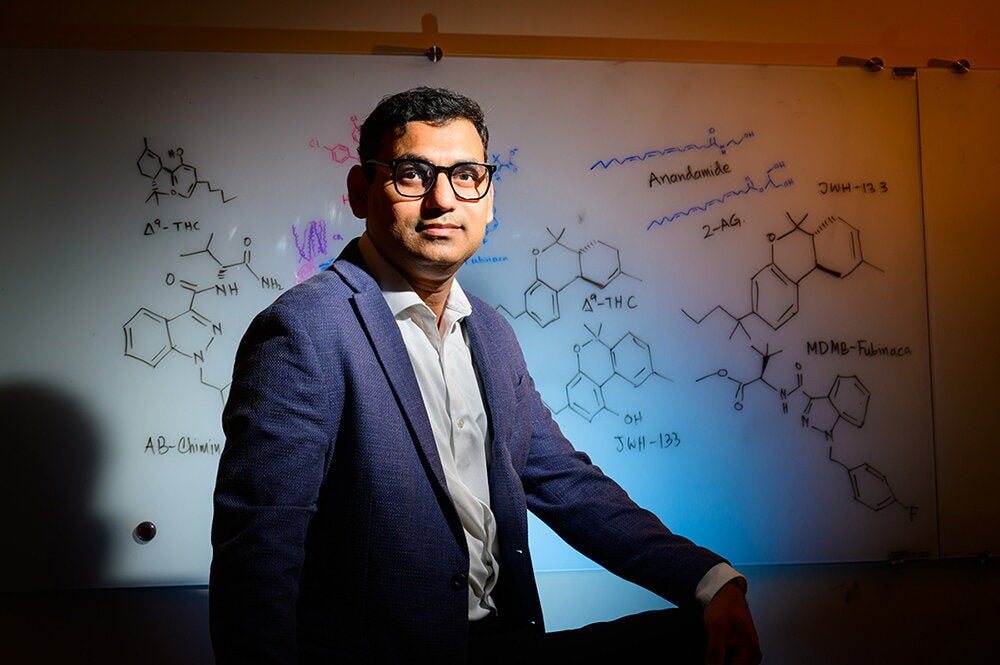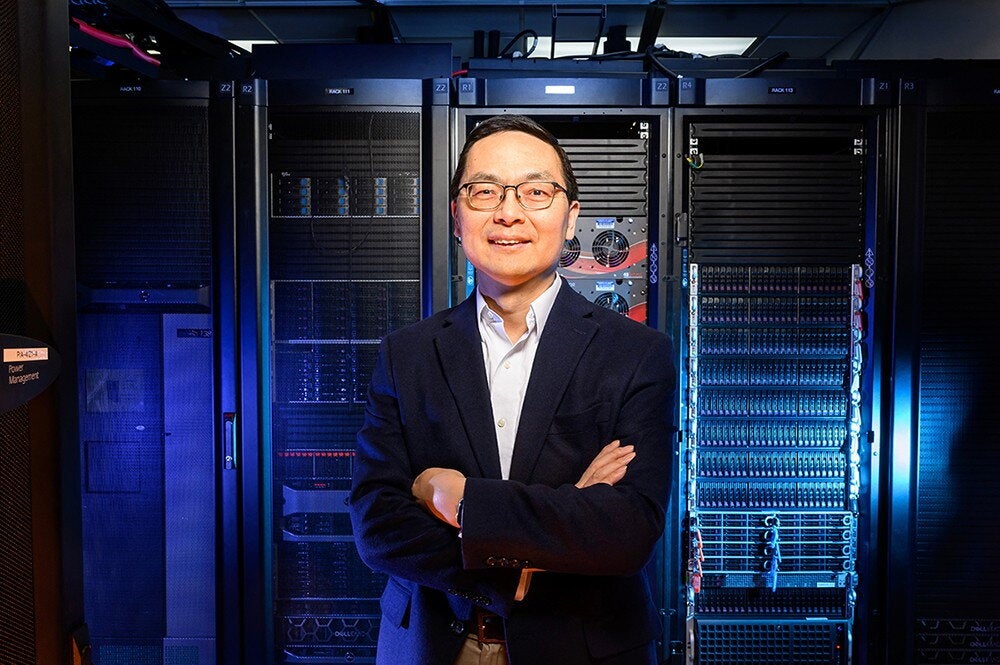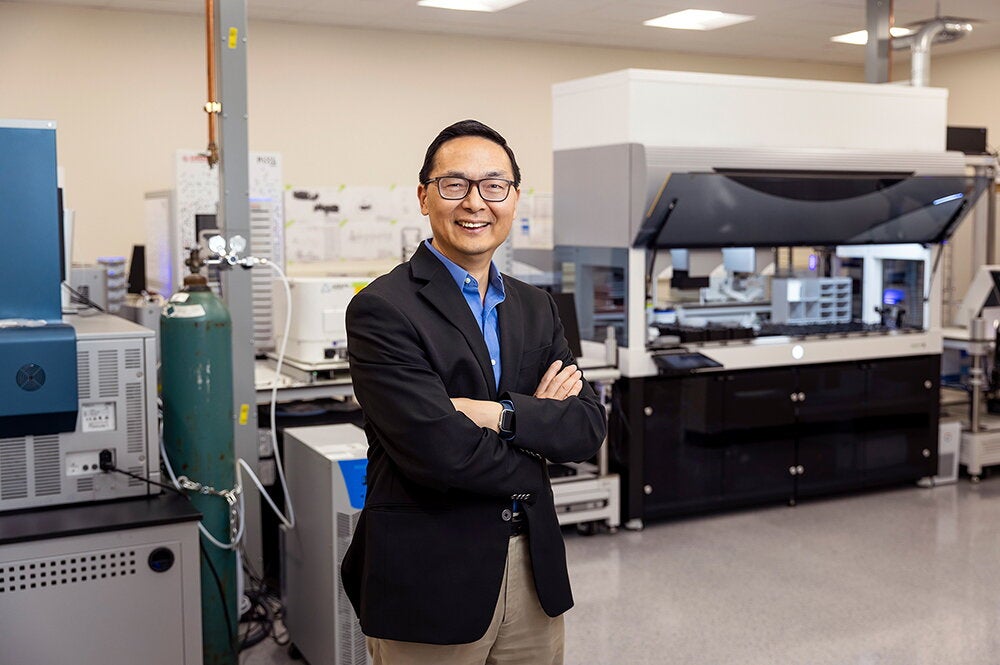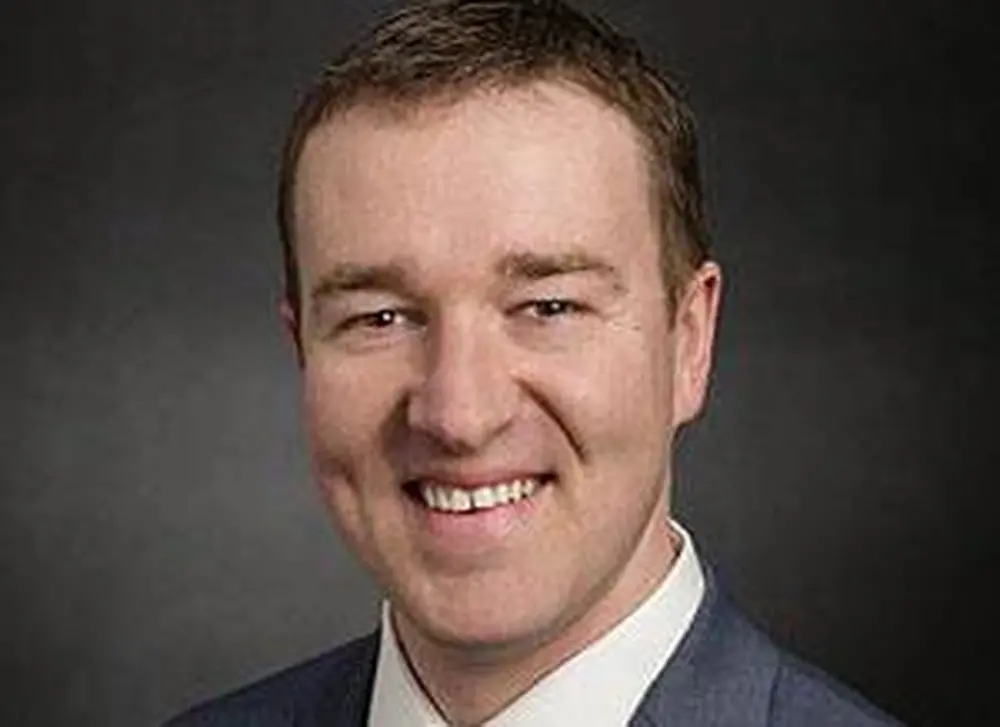
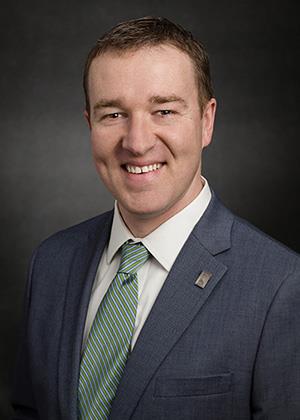
Brendan Harley, professor of chemical and biomolecular engineering, has been selected to participate in the National Academy of Engineering’s 22nd annual U.S. Frontiers of Engineering (USFOE) symposium.
The academy invites engineers ages 30 to 45 who are performing exceptional engineering research and technical work in a variety of disciplines to attend the event. The participants—from industry, academia, and government—were nominated by fellow engineers or organizations.
The 2016 symposium will cover cutting-edge developments in four areas: technologies for understanding and treating cancer, pixels at scale, water desalination and purification, and extreme engineering.
“I am really excited about the opportunity to discuss important challenges facing our society and the role engineering can play in addressing these issues,” Harley said.
An I.C. Gunsalus Scholar, Harley pursues the fabrication, characterization, and testing of scaffold-based systems for in vivo and in vitro tissue engineering. He has been on the faculty of the Department of Chemical and Biomolecular Engineering since 2008 and also is a theme leader in the Carl R. Woese Institute for Genomic Biology. He received his doctor of science degree from the Massachusetts Institute of Technology in 2006.
“The USFOE symposium gives our nation’s brightest younger engineers the opportunity to engage, collaborate, and develop long-term relationships that are critical to advancing our nation’s future,” said National Academy of Engineering President C. D. Mote, Jr. in a release. “The USFOE is the only academy program that will never get out of date.”
The symposium is scheduled for September 19-21, 2016, at the Arnold and Mabel Beckman Center in Irvine, California.
